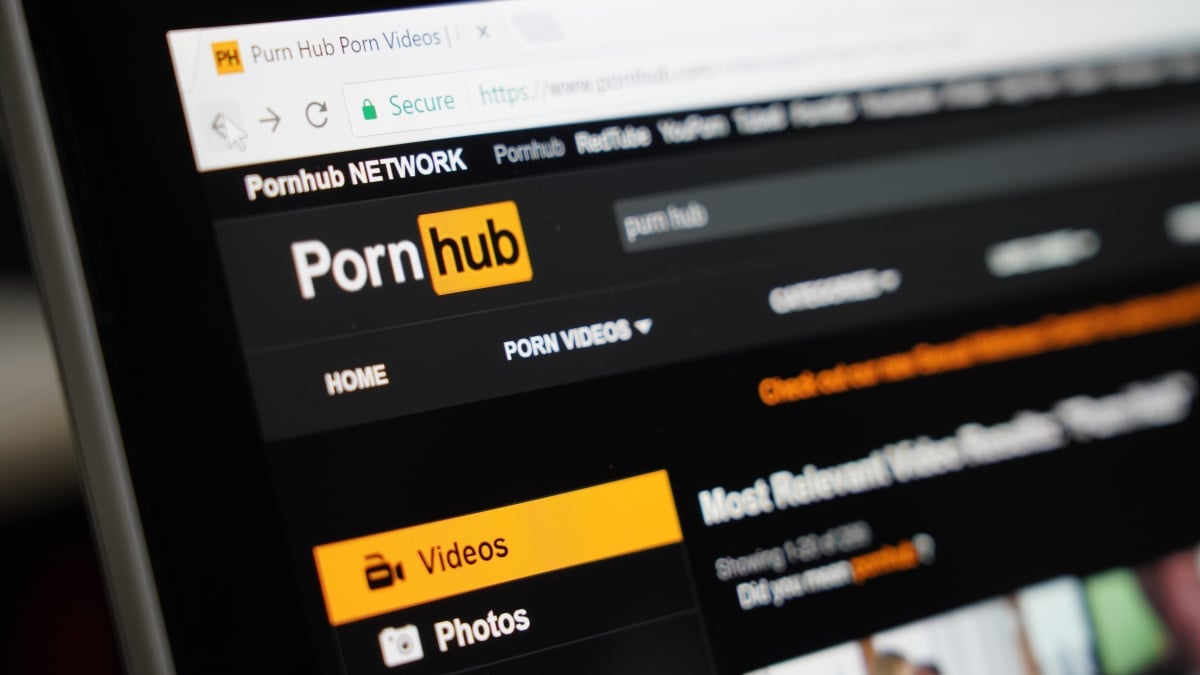From the article: “Unsurprisingly, this skyrocketed searches for the best VPNs. According to a SlashGear report sent to Mashable, searches for “Texas VPN” jumped by 1,750 percent in the past day. It also spotted a 1,600 percent increase for the phrase “How to access Pornhub.””



I am not associated with Mullvad VPN in any capacity and I have nothing to disclose, lol.
Mullvad VPN doesn’t even offer a renewing subscription, that I know of, and I’m almost entirely certain that they used to and have since stopped doing so on principle. Their VPN service costs a little less than $5/month (USD) if you get their card off Amazon that’s good for a year, and that is literally a physical card sent through the mail—the kind you have to scratch off on the back to get to the number underneath, in other words—and so at least AFAIK, there’s no possible way for whichever unique card you happen to end up with, to ever be traced directly to that specific transaction on Amazon, even if you pay for it using your credit/debit card, and directly associate that purchase with your bank account in so doing. It’s even better than that if you pay them by means far less traceable to begin with, of course, and they make those options available as well. In fact, they prefer doing it that way as opposed to credit/debit card purchases, even of physical cards through Amazon, IIRC. At least AFAIK, they don’t even accept any form of payment directly traceable to a bank account on their own website, for every obvious reason.
They actually do not keep logs like they claim not to, at least according to the one time they were ever affected by a search warrant, at which point it was discovered by law enforcement that said warrant in its entirety described information that did not exist because it never had.
One thing I really like about (using) it, and I have no idea what other VPNs would also do something like this, if any: it sets up a SOCKS5 proxy for you internally, and you can use that anywhere that supports that, wherever you may need/want a killswitch properly—meaning to make said application unable to resolve hostnames in the event of your connection to the VPN being interrupted for some reason. I’m also pretty sure you can use their DNS-over-HTTPS no matter what, even if you don’t already use their VPN service. Anyway, especially if you already do, though, I always figure it’s never a bad idea to just use the same provider everywhere you can: use their encrypted DNS wherever possible, in addition to using the proxy provided by their VPN wherever possible, in addition to using their VPN anyway. I do that, and I also enable the setting (under Wireguard) to use multi-hop, which, albeit at the expense of some latency, even more thoroughly conceals my real external IP address from the ostensibly innocuous honeypots for people who are not lunatics of Google, Amazon, Microsoft, Meta, or whatever company doing business on that level of dystopia. It’s simply a technical matter that doing all of that will make nearly everything—excluding any/all abject OPSEC failure, browser fingerprinting, EXIF metadata, etc., which should go without saying—way more difficult to trace back to your real world identity than it otherwise would be. It has to be. I didn’t say “impossible” because I know better, and again, it’s never gonna protect anyone from themselves because it can’t. It’s good enough to be able to use the internet and also sleep, though, at least for me.
It’s just so many consecutive layers of obfuscation contrary to the best interest of the boogeyman, especially for the price, that if I didn’t have immediate access to $60 in order to buy another year’s worth of Mullvad VPN, or immediate access to Mullvad VPN, I would literally beg and/or borrow, figuratively steal, or otherwise aquire.